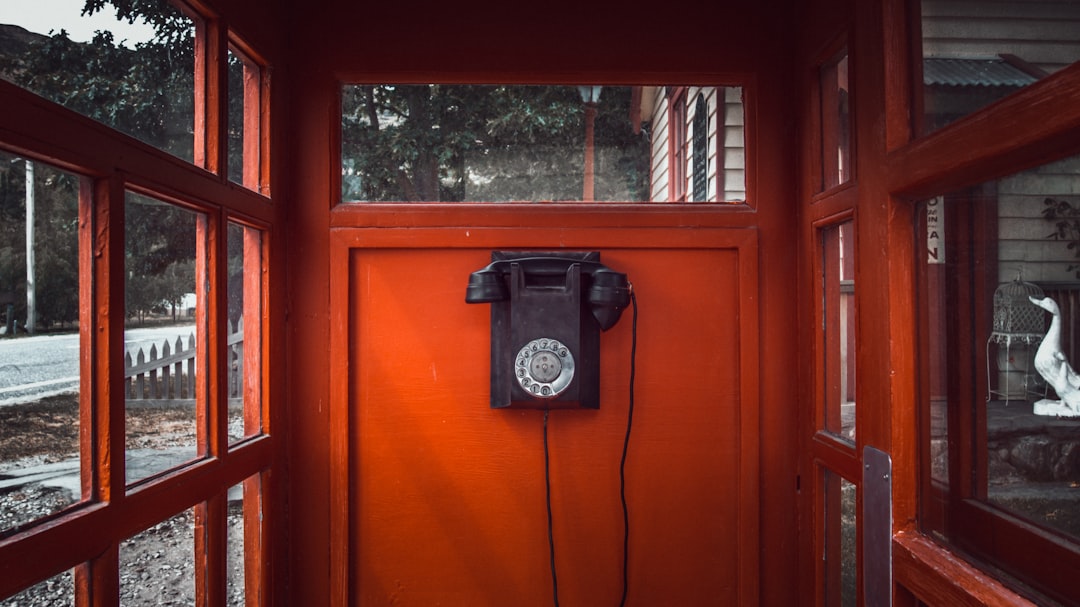New York's Do Not Call Laws evolved from privacy concerns over unwanted telemarketing in the 20th century. Syracuse, NY, played a pivotal role in formalizing these laws, addressing public frustration with intrusive sales calls. Balancing consumer privacy and free speech, the state enacted comprehensive legislation in 2006, empowering residents to register phone numbers and restrict calling periods, thereby reducing unsolicited sales calls across New York.
“Explore the evolution of consumer protection in New York, particularly focusing on the historic journey of ‘Do Not Call’ laws in Syracuse. This comprehensive piece delves into the early telephone regulation efforts and privacy concerns that sparked the creation of local do-not-call lists. From its modest beginnings to statewide adoption, this article examines legal challenges, significant impacts, and updates that have shaped New York’s Do Not Call Laws over time, providing valuable insights for consumers and businesses alike.”
Evolution of Consumer Protection in New York

The evolution of consumer protection in New York has been a significant journey, with one notable milestone being the implementation of Do Not Call Laws. These laws have their roots in the growing awareness and concern for individual privacy and the overwhelming number of unwanted telemarketing calls. Over time, New York State has strengthened its Do Not Call Laws to provide residents with more control over their personal information and communication preferences.
In response to consumer complaints, New York introduced regulations that allowed citizens to register their phone numbers on a “do not call” list, significantly reducing unsolicited sales calls. This proactive measure gave power back to the people, ensuring they could enjoy peace of mind and avoid intrusive marketing practices. Such advancements in consumer protection reflect a broader trend across the state and nation, emphasizing the importance of Do Not Call Laws New York in creating a more balanced and respectful commercial landscape.
Early Telephone Regulation and Privacy Concerns

In the early 20th century, as telephone networks expanded across New York and beyond, regulatory bodies began to address privacy concerns surrounding unwanted calls. The rise of direct-dial telephones meant that individuals could be contacted at any time, leading to a growing need for control over these intrusions into personal life. This era saw the first glimmers of what would become known as Do Not Call laws, with early regulations focusing on specific types of solicitations and restricted calling hours.
Syracuse, NY, like many other cities, experienced the impact of these nascent privacy protections. As telephone use became more widespread, residents began to express frustration over relentless sales calls and unwelcome telemarketers. This growing public sentiment fueled efforts to formalize and expand Do Not Call regulations, eventually leading to the implementation of state-wide laws in New York that granted consumers greater control over their phone lines and privacy.
The Birth of Do Not Call Lists in Syracuse

In the early 2000s, Syracuse, NY, like many other cities in the state, faced the growing problem of intrusive telemarketing calls. To combat this issue, the concept of “Do Not Call” lists emerged as a solution, offering residents a way to regain control over their privacy and communication preferences. The New York State Assembly took notice, proposing legislation that would not only protect consumers from unwanted calls but also establish a formal process for citizens to register their phone numbers on these exclusive lists.
This initiative was driven by the increasing frustration of Syracuse folks with relentless telemarketers, leading to a collective effort to silence the constant ring of unfamiliar numbers. The birth of Do Not Call Lists in Syracuse was a direct response to the need for greater consumer protection and a more peaceful, less chaotic communication environment.
Legal Challenges and Statewide Implementation

The implementation of Do Not Call Laws in Syracuse, NY, faced various legal challenges as it navigated complex issues regarding consumer privacy and free speech. Early drafts of the legislation aimed to protect residents from unwanted telemarketing calls, but these efforts were met with opposition from industry groups arguing that such restrictions infringed on businesses’ rights. After several revisions, a more balanced approach emerged, striking a chord between consumer protection and commercial interests.
Statewide adoption of Do Not Call Laws in New York followed a similar trajectory. Building on the success of local initiatives, including Syracuse’s efforts, the state legislature passed comprehensive legislation in 2006. This statewide mandate unified regulations, ensuring consistent protections for all New Yorkers facing intrusive telemarketing practices. The successful implementation underscored the importance of collaborative efforts between consumers, policymakers, and industry players to create effective and sustainable Do Not Call Laws.
Impact and Updates Over Time in NY

The impact of Do Not Call Laws in New York has been profound, providing residents with a sense of control over unwanted telemarketing calls. Since their inception, these laws have evolved to better protect consumers. Initial legislation focused on establishing do-not-call lists and penalizing violators, but updates over time have expanded these protections. For instance, recent amendments have extended the duration of the do-not-call status, tightened restrictions on certain types of calls, and streamlined the opt-out process. These enhancements reflect a continuous effort to keep pace with changing telemarketing trends while ensuring that New Yorkers can enjoy their peace and quiet without intrusive calls.






